Ulughbeg's
Observatory - Samarkand
- 2013
Ulugh Beg (1394 - 1449) was the grandson of the great conquerer, Timur (Tamerlane).
While he only ruled for a short time (1447 - 1449), he is best known for his work in mathematics and astronomy.
He built this observatory in Samarkand in the 1420s.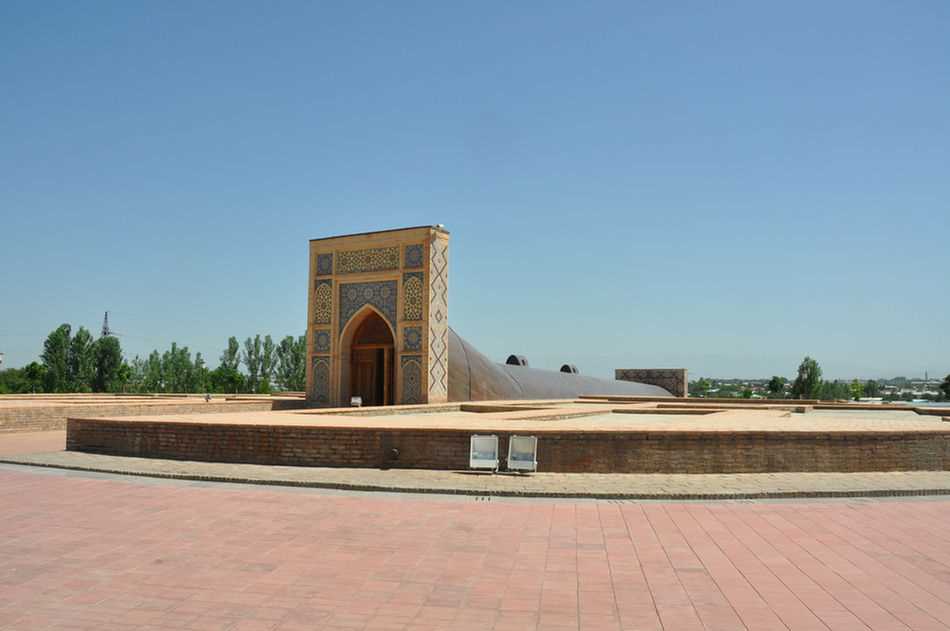
Inside his observatory he constructed a large quadrant with a radius that was just over 40 metres.
He used the quadrant to record the position of the sun, moon and nearly 1200 stars throughout the year.
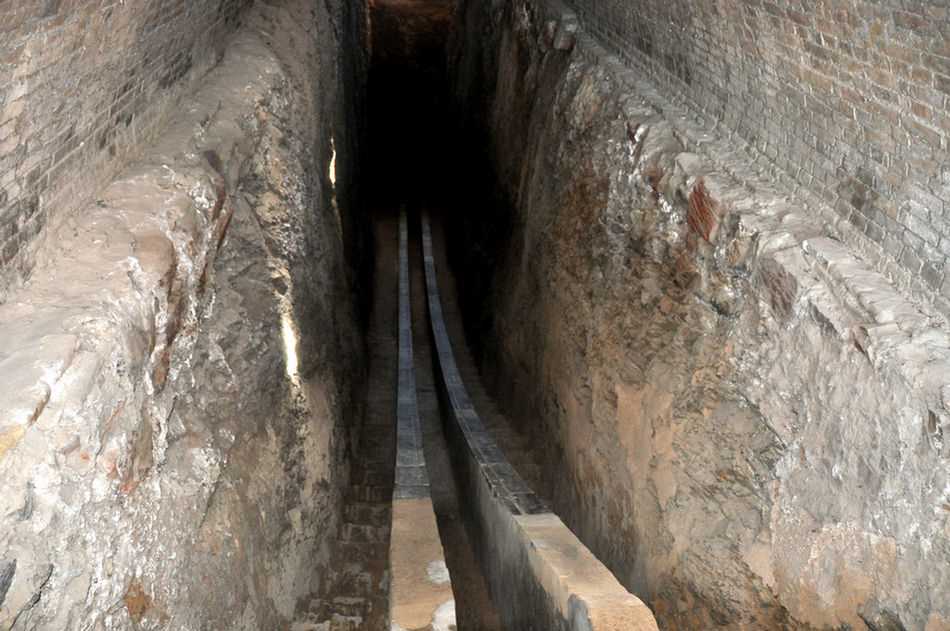
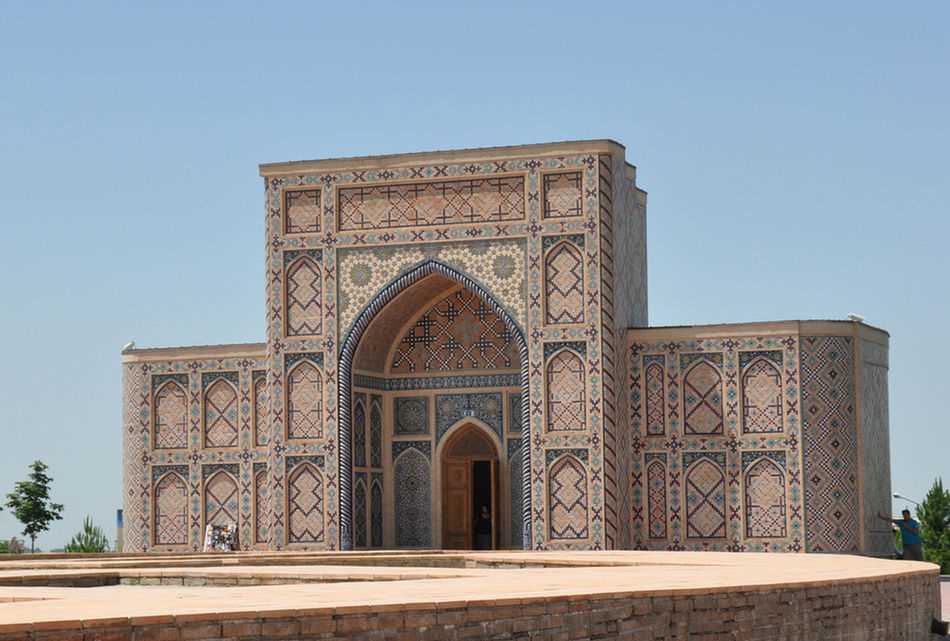
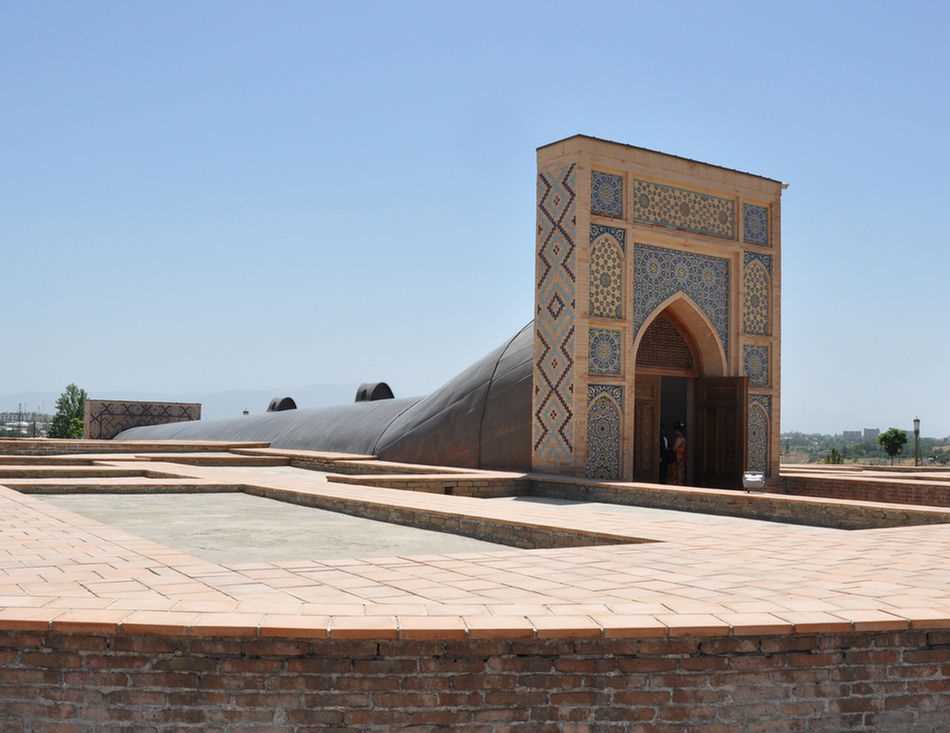
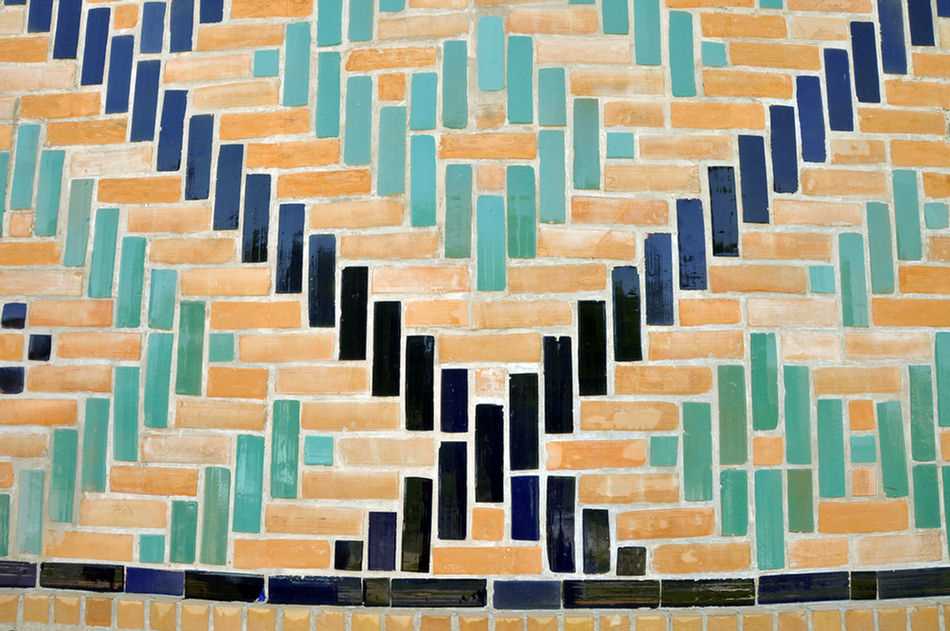
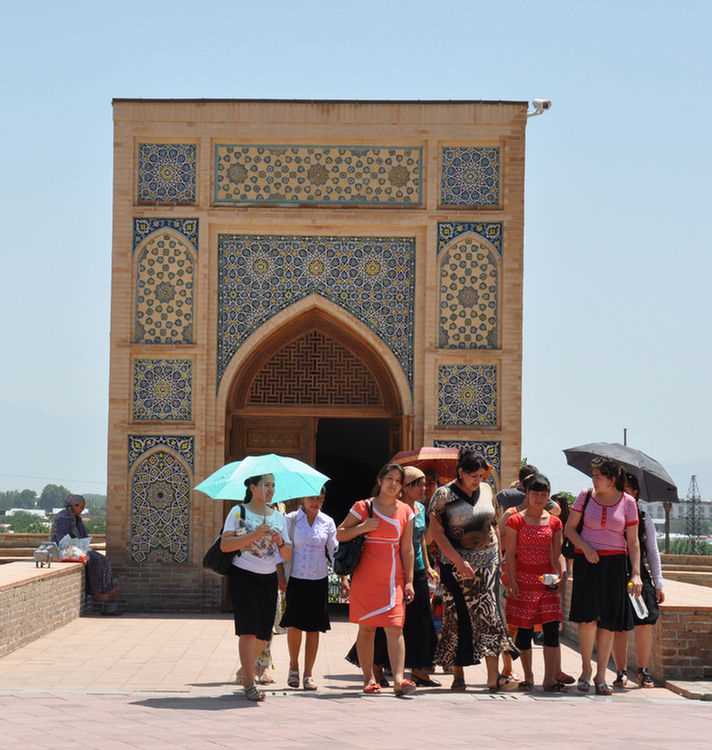
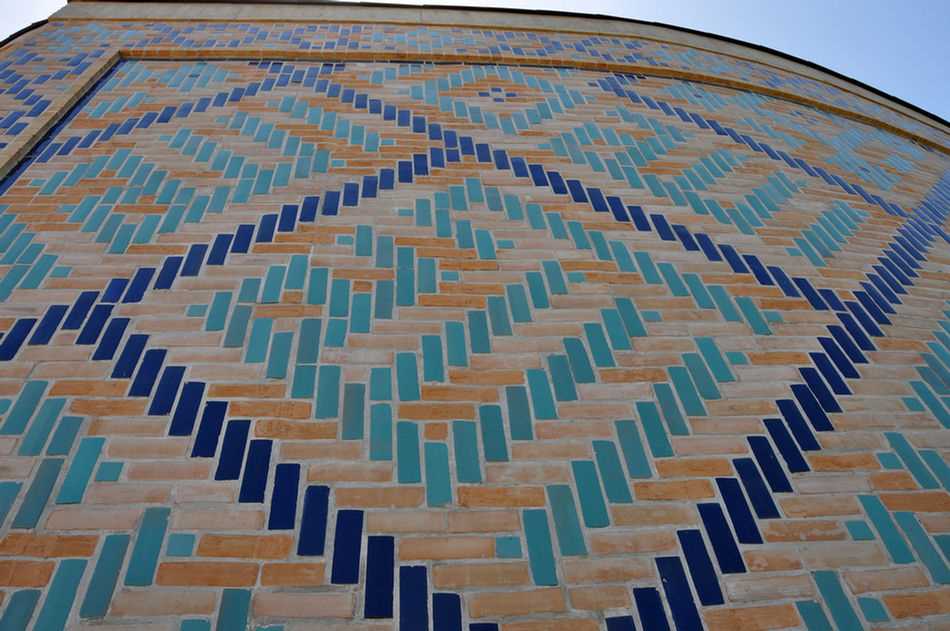
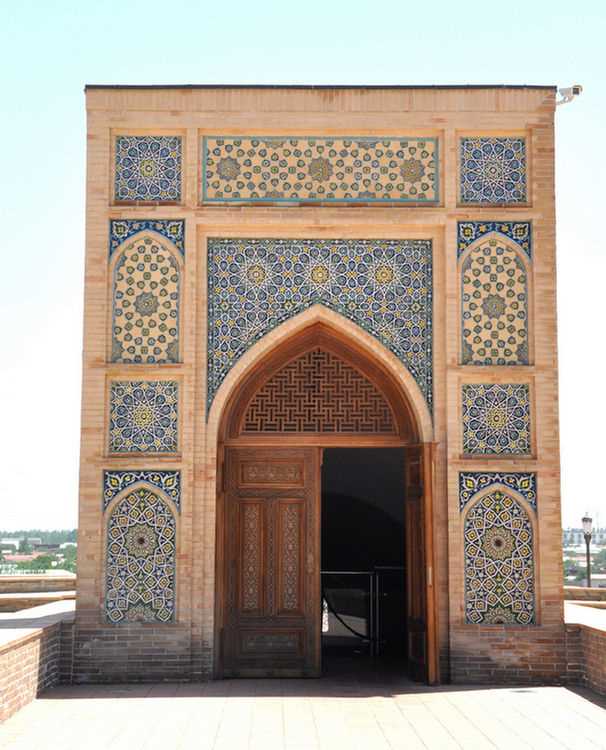
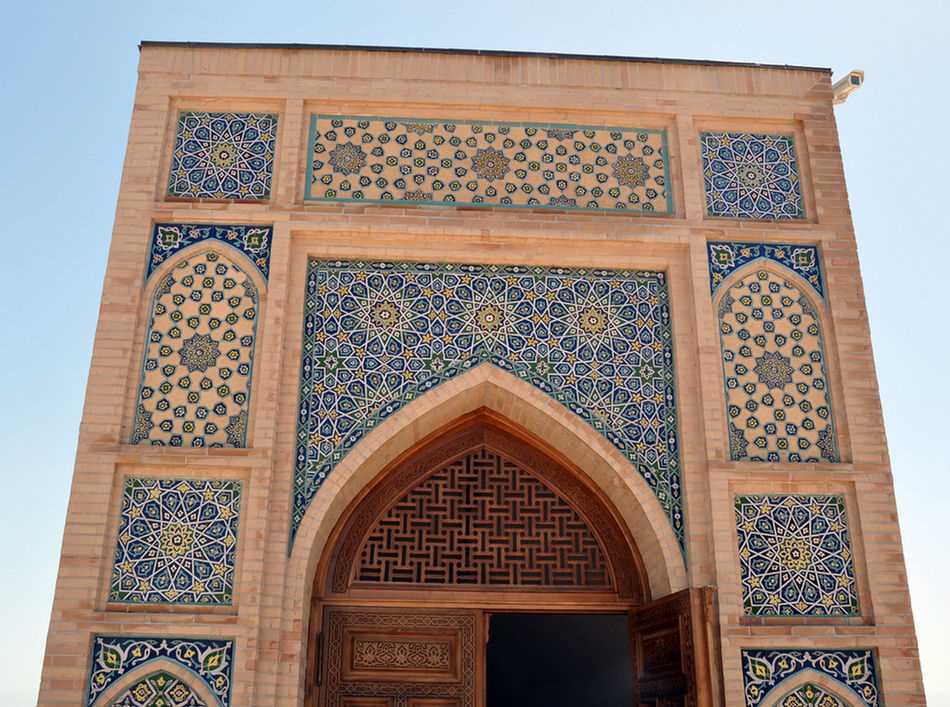
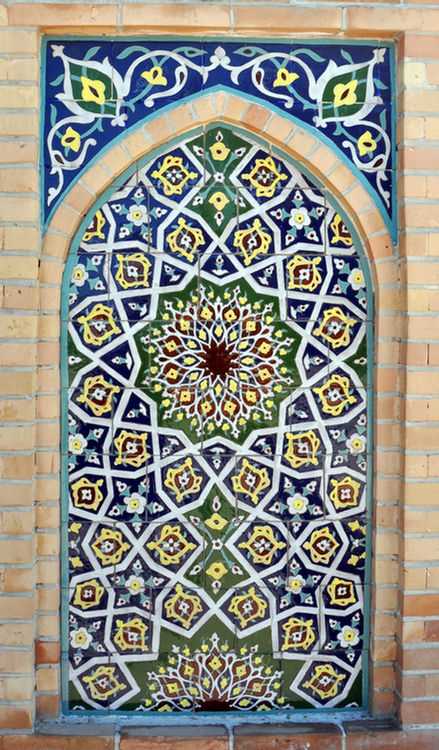
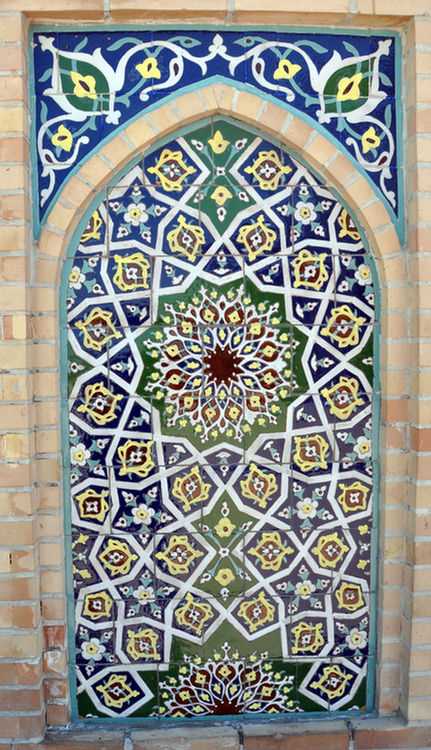
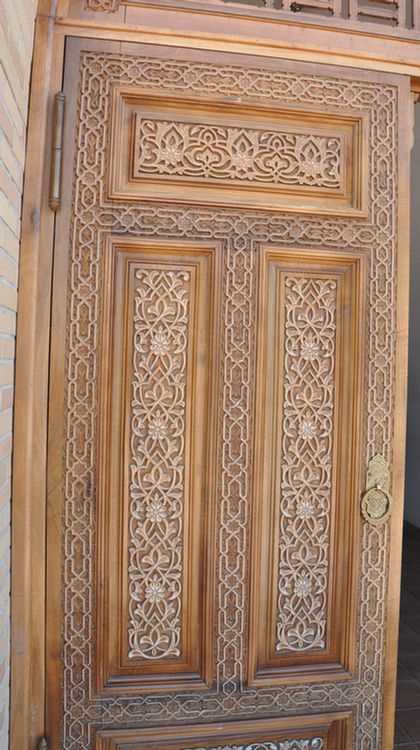
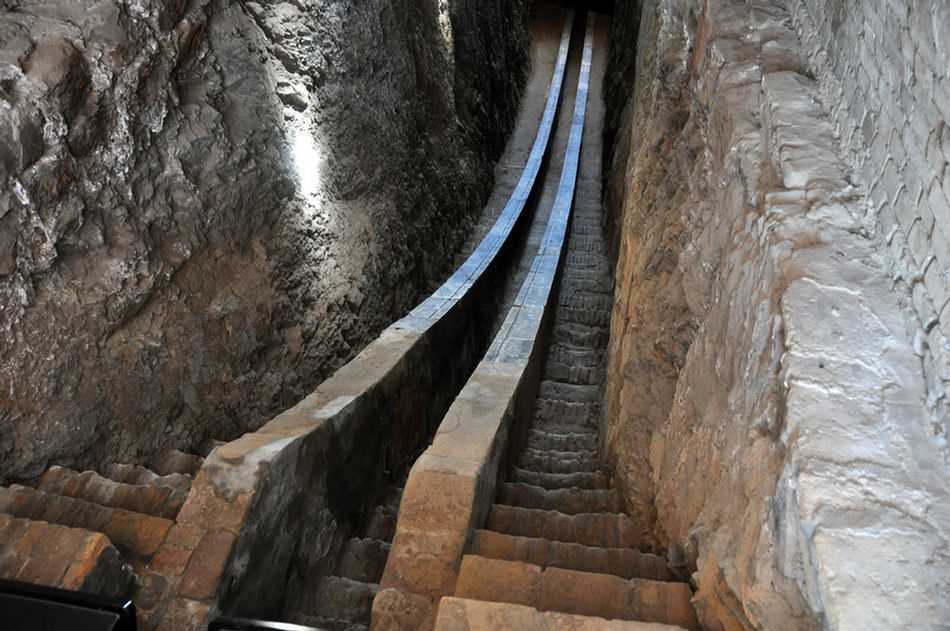
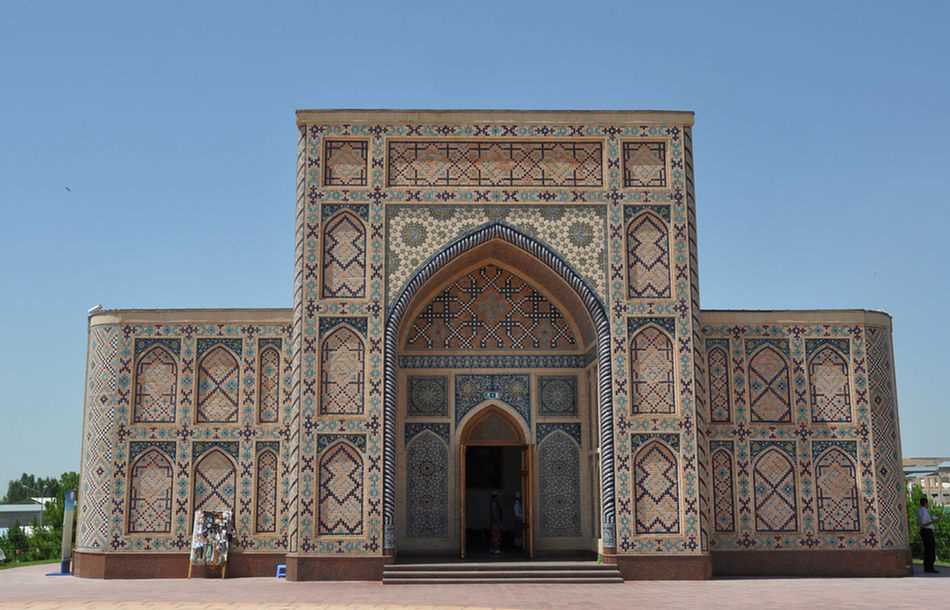
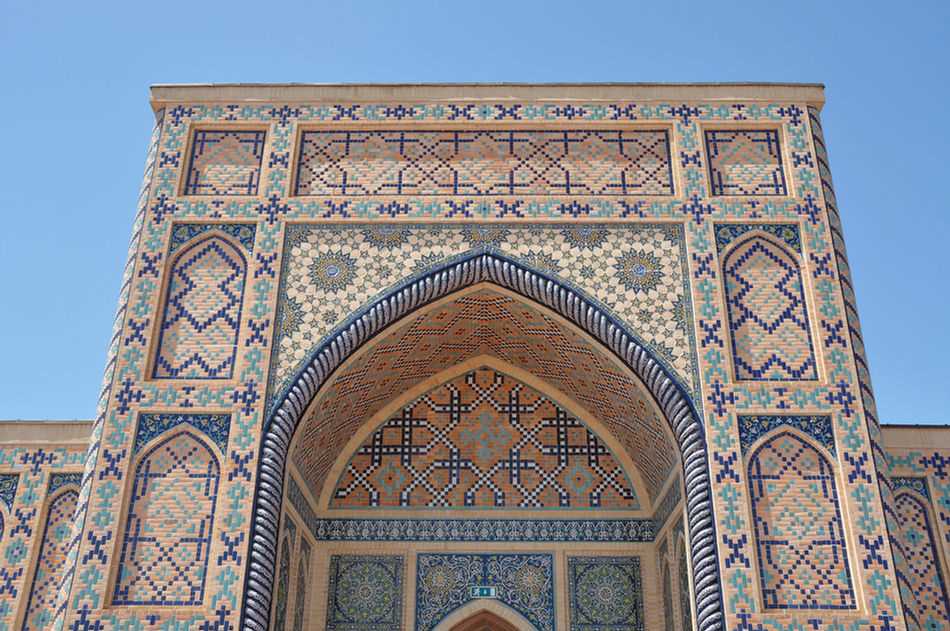
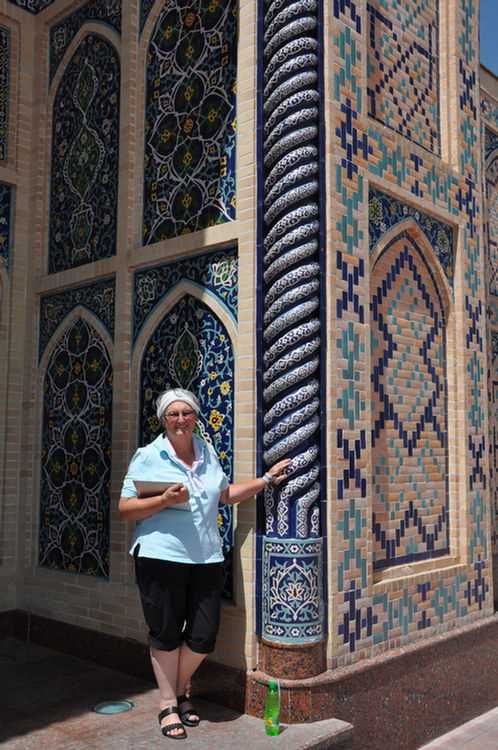
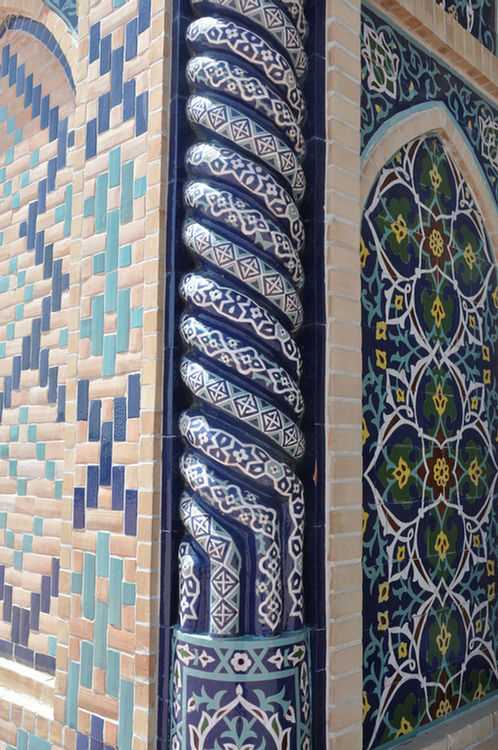
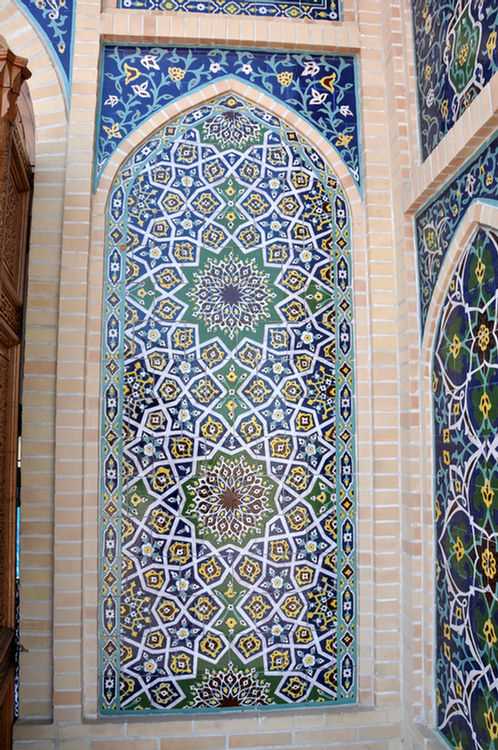
Ulugh Beg

Timurid and Mughal Rulers
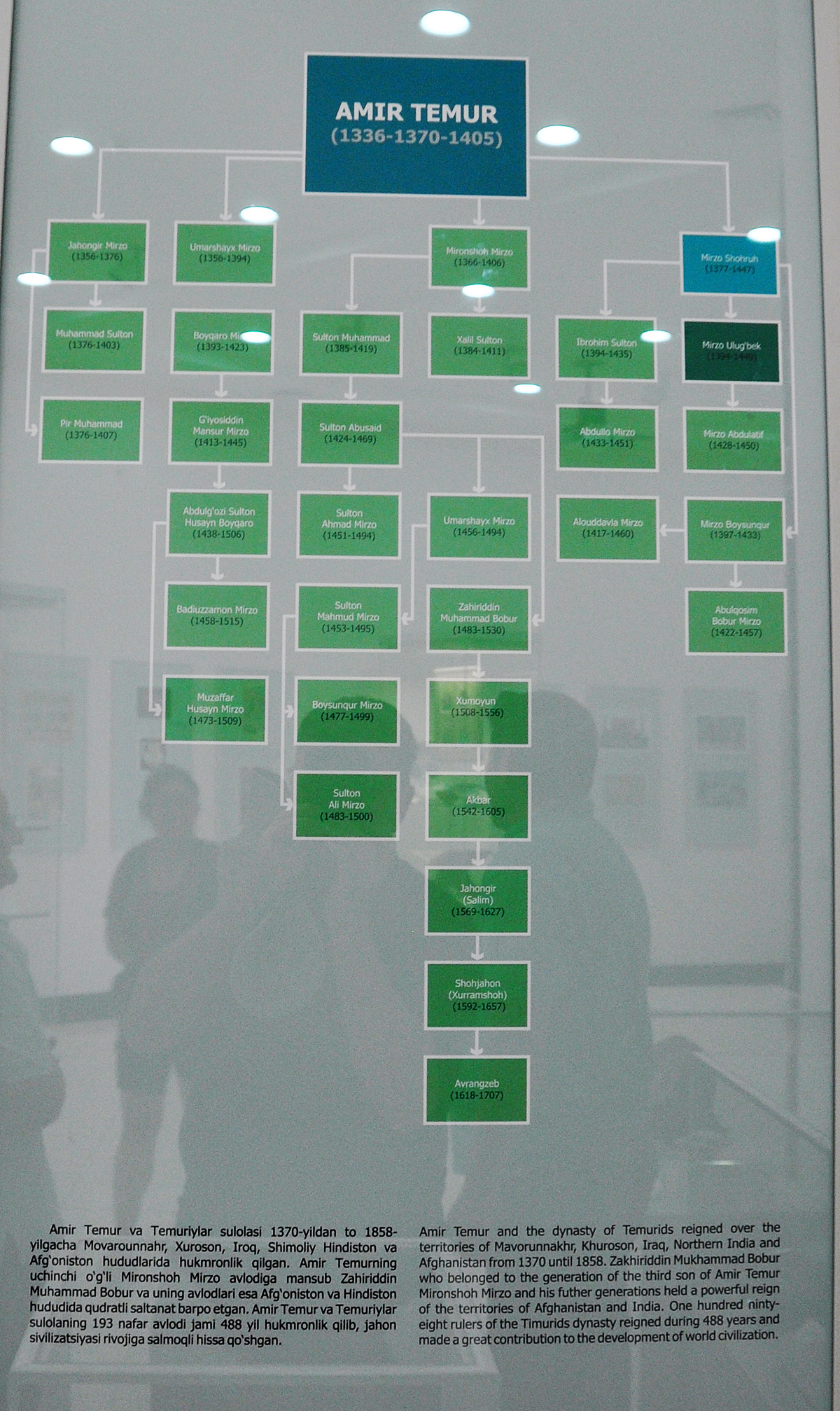
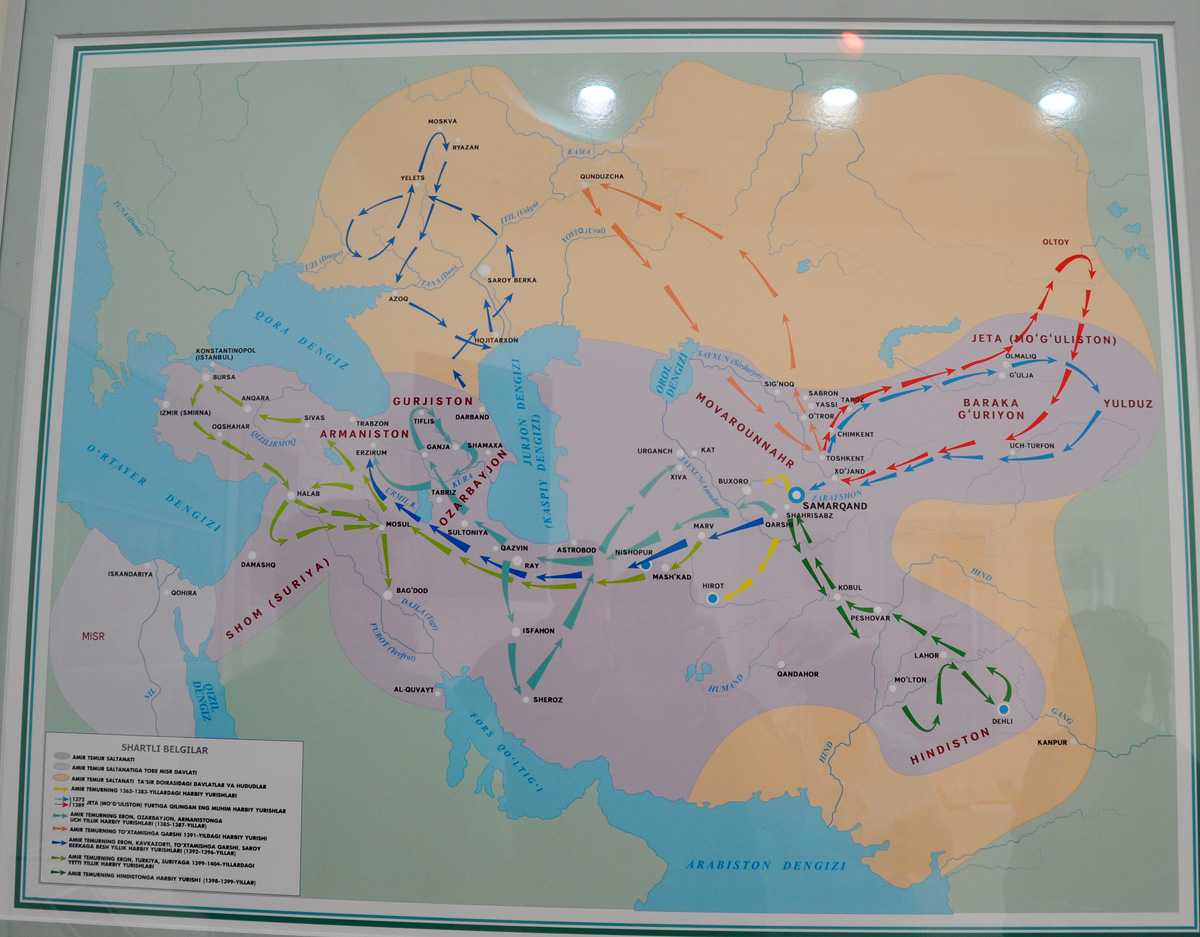
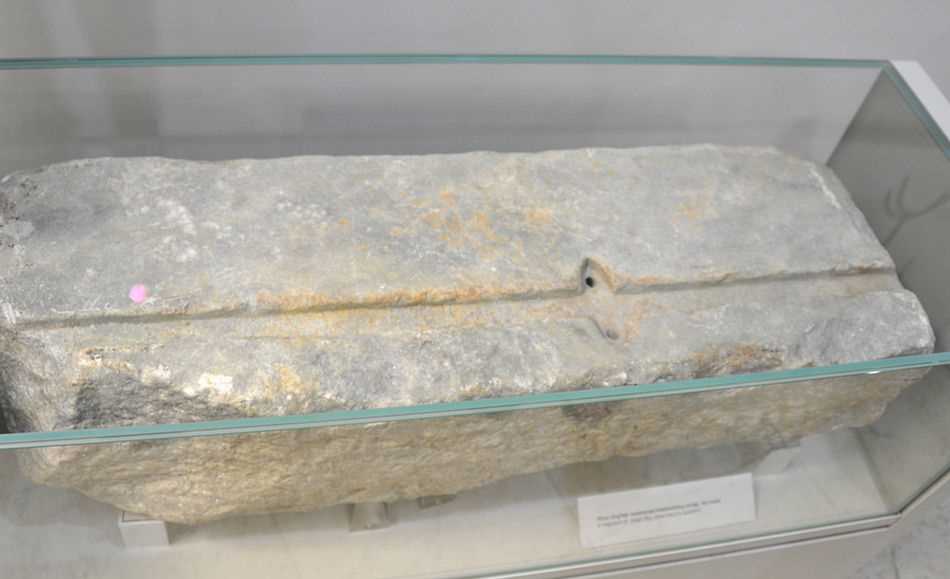
There was a fascinating collection of astronomical items in the museum on the site.
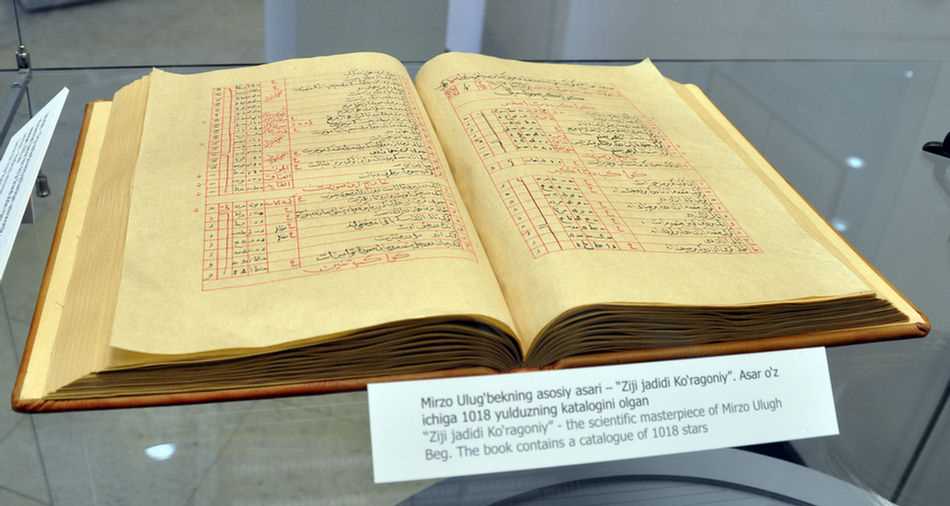
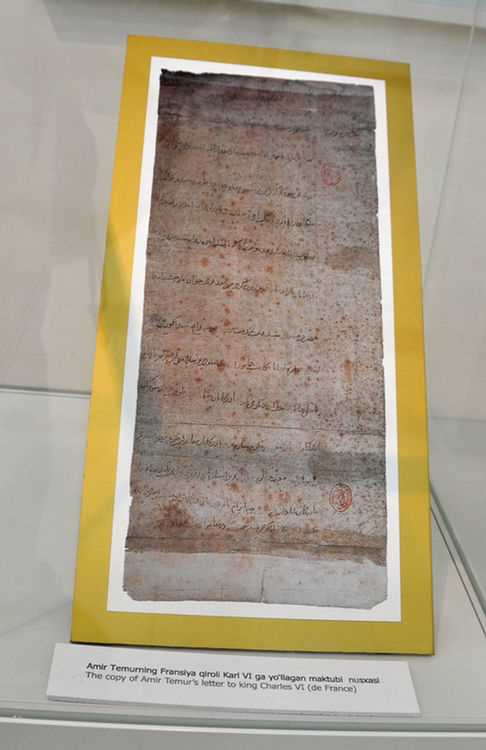
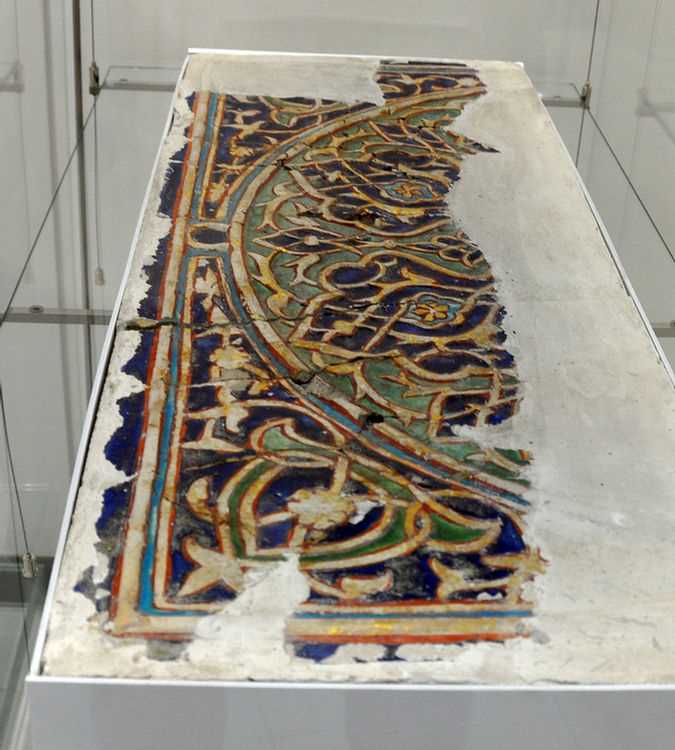
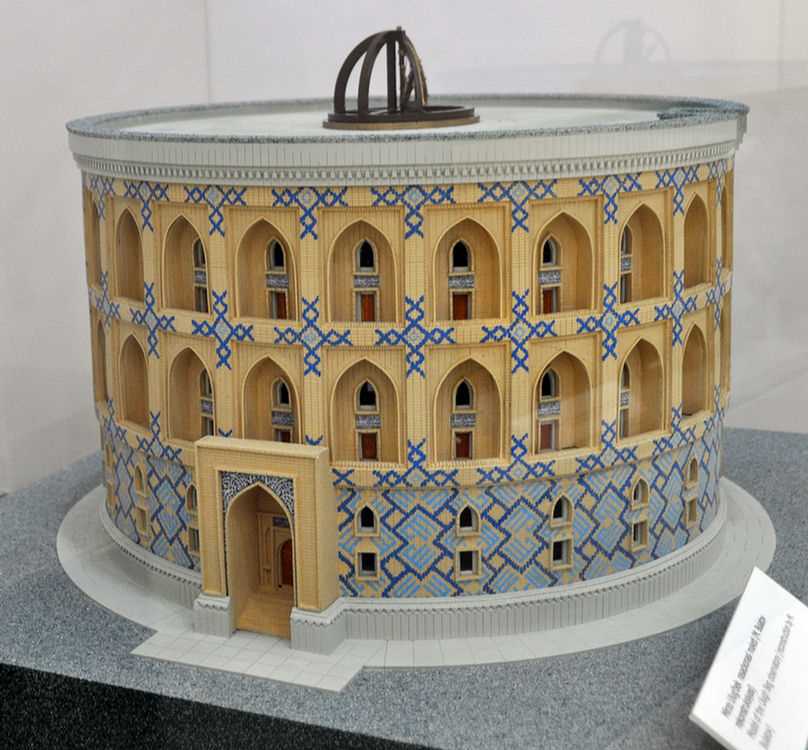
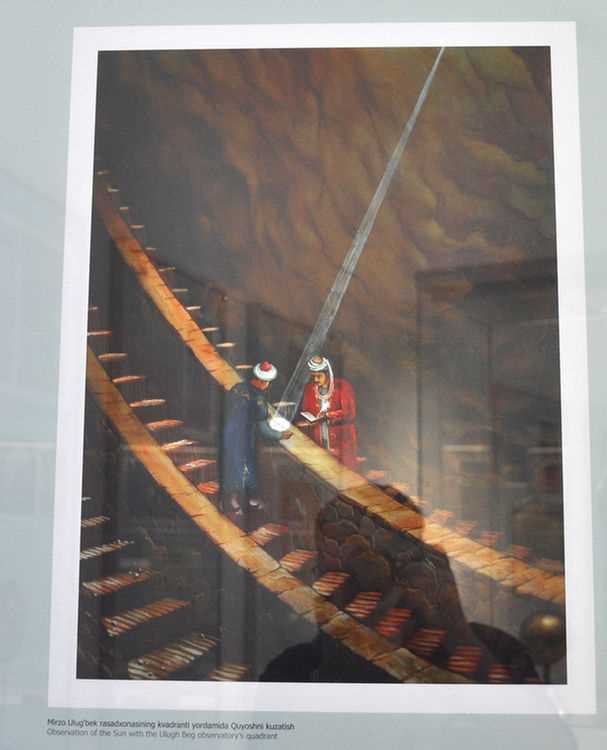
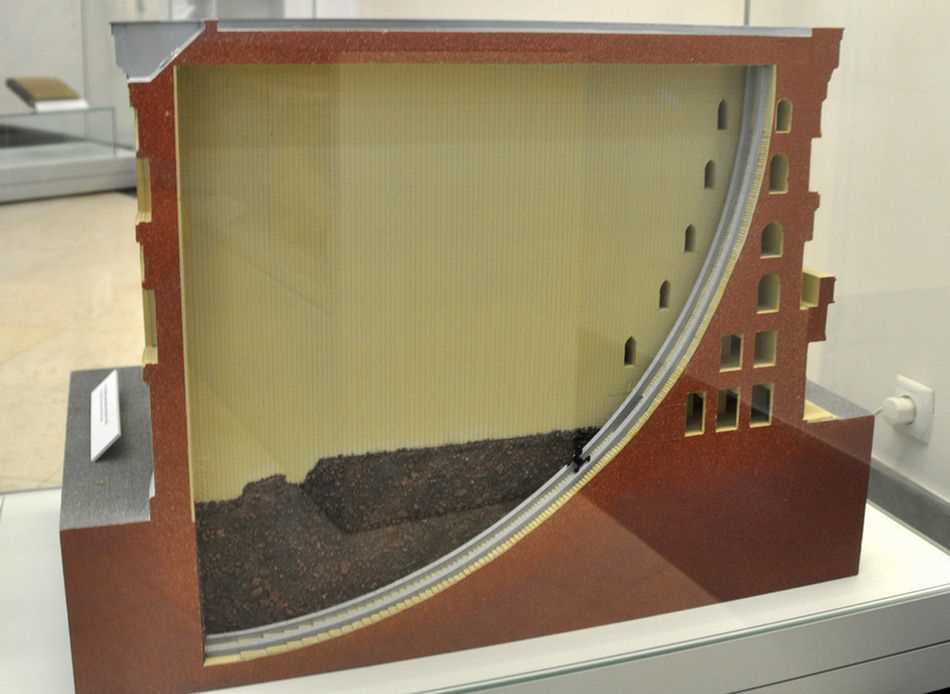
His measurment of the length of a year is just over a minute different to the current measurement
which has access to much more accurate timimg instruments.
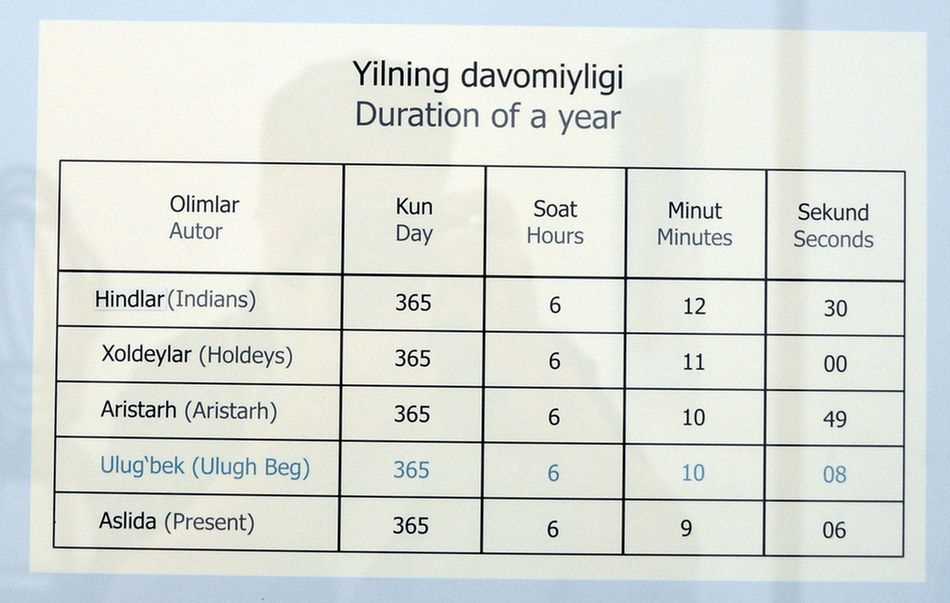
He had a very accurate measurement of the angle of the inclination of the Earth's axis too.
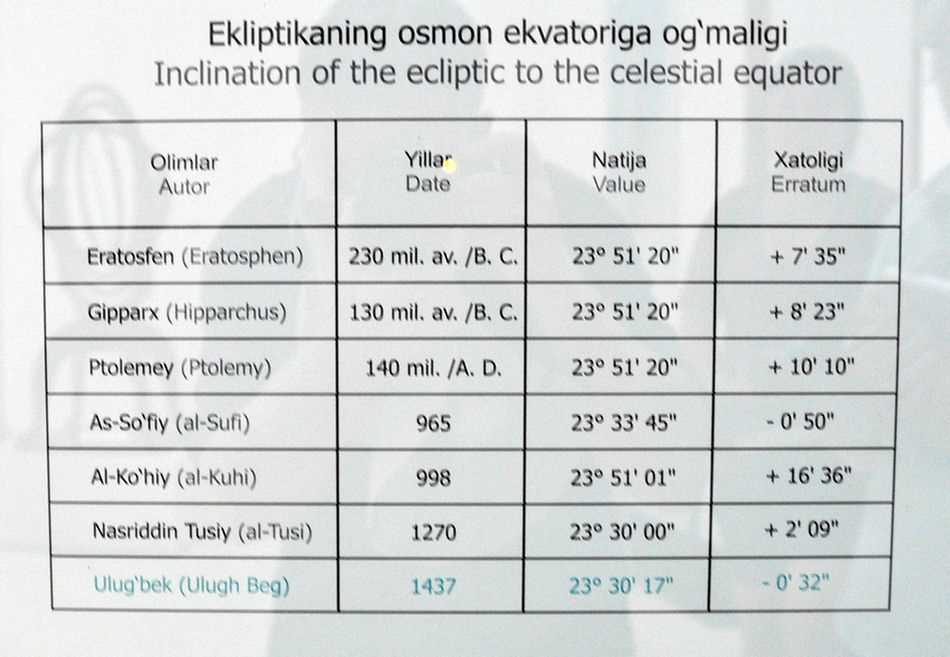
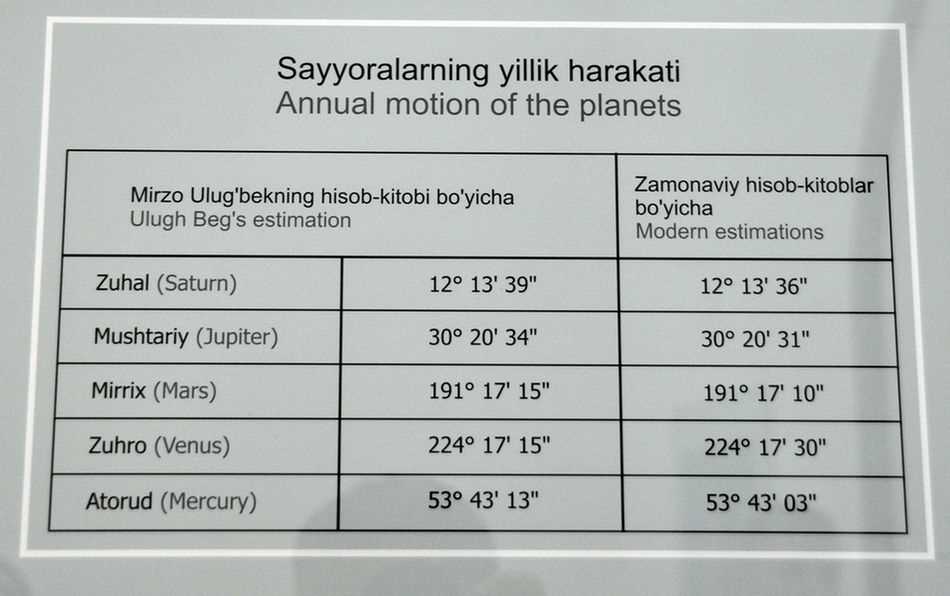
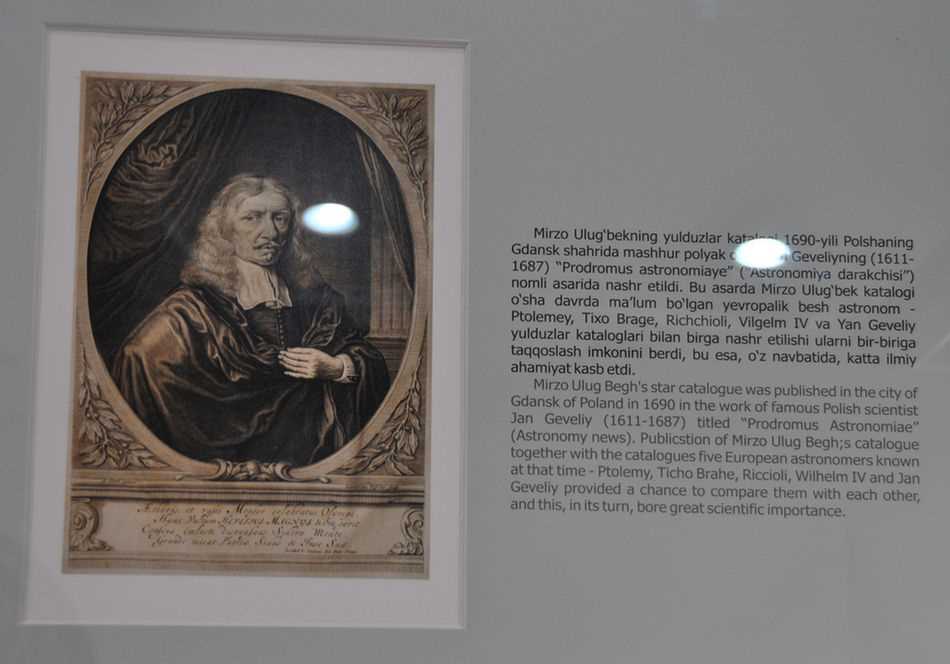
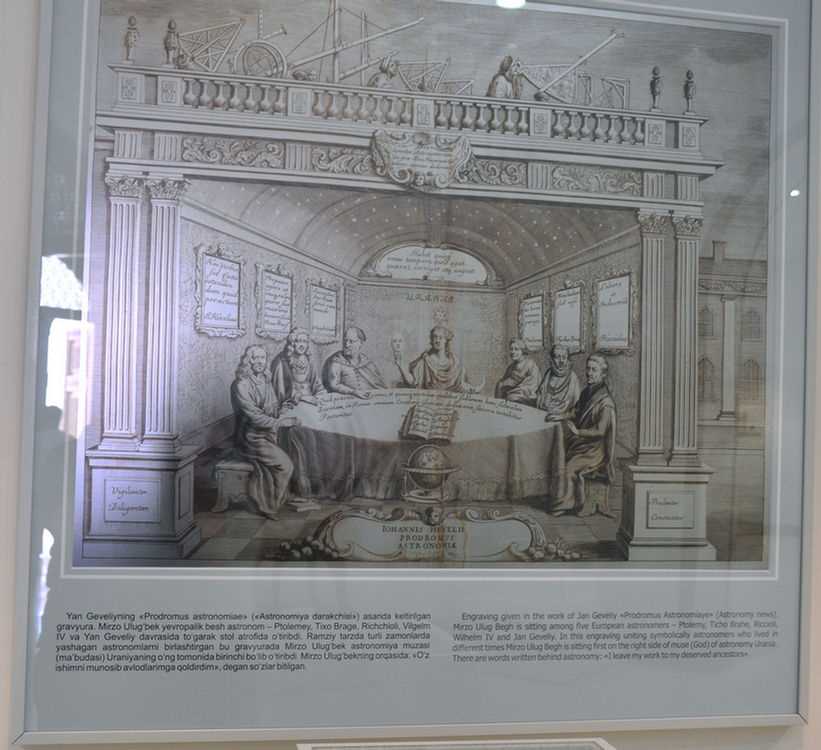
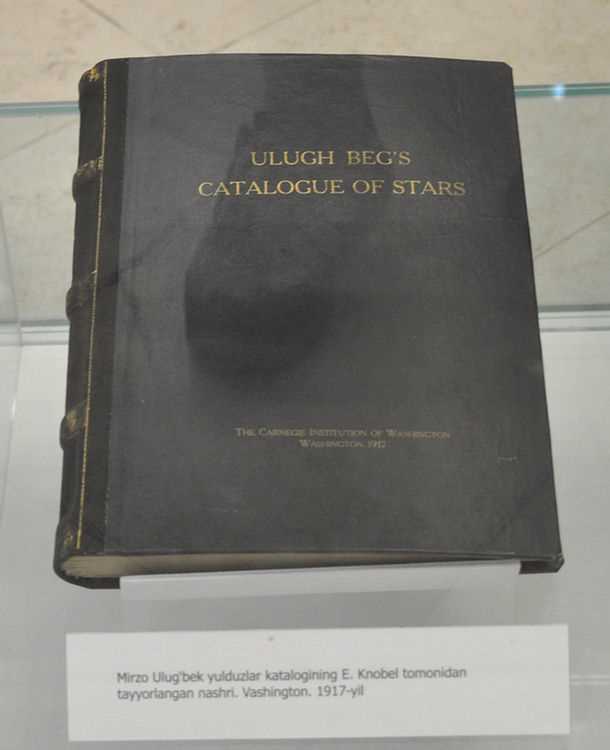
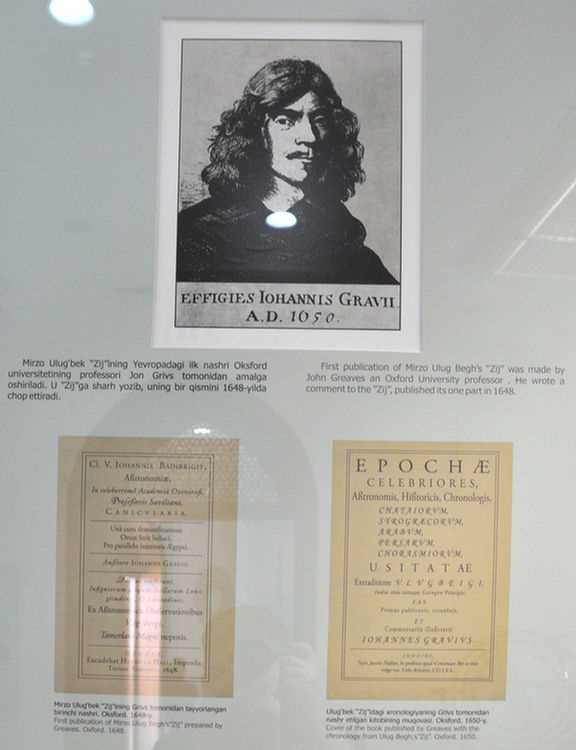
Sadly the observatory was destroyed by religious fanatics after Ulugh Beg
was beheaded by his son, Abdal-Latif Mirza in 1449.
(His son himself was murdered a year later).
It was re-discovered in 1908 by V. L. Vyatkin, a Uzbek-Russian archaeologist.
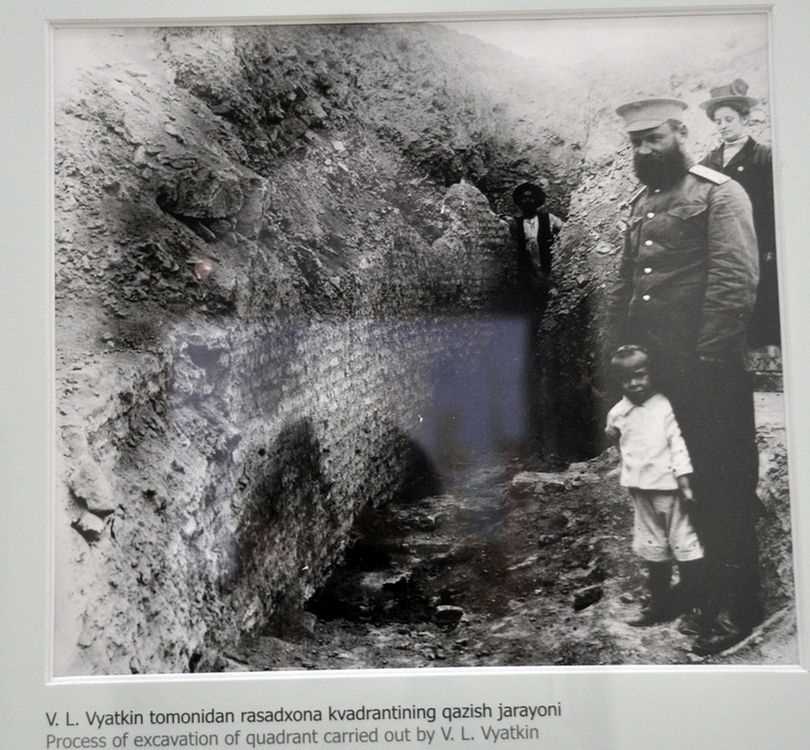
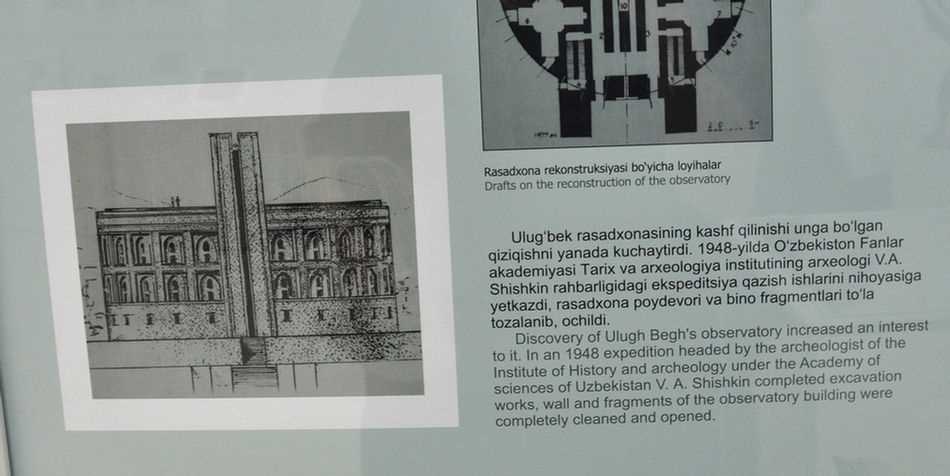
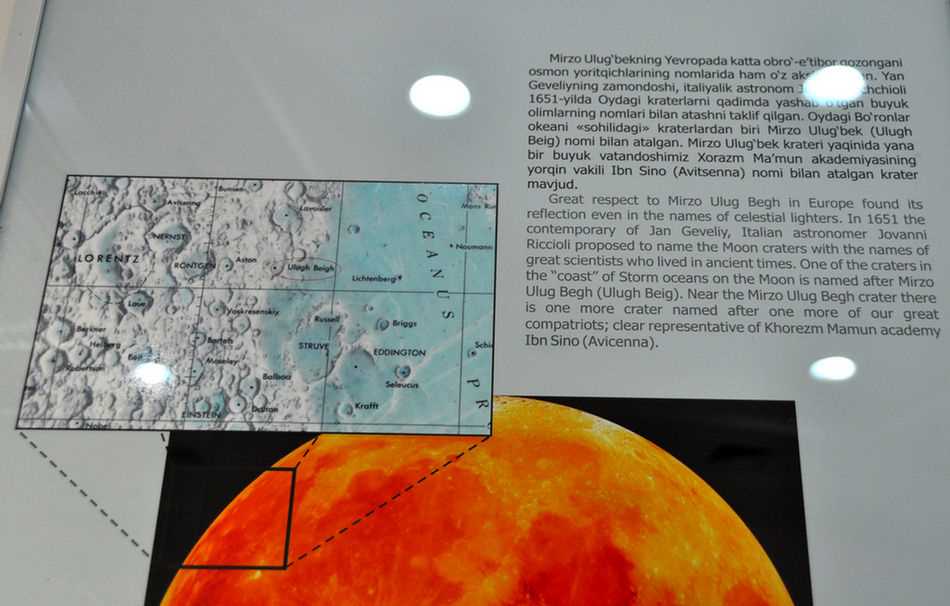
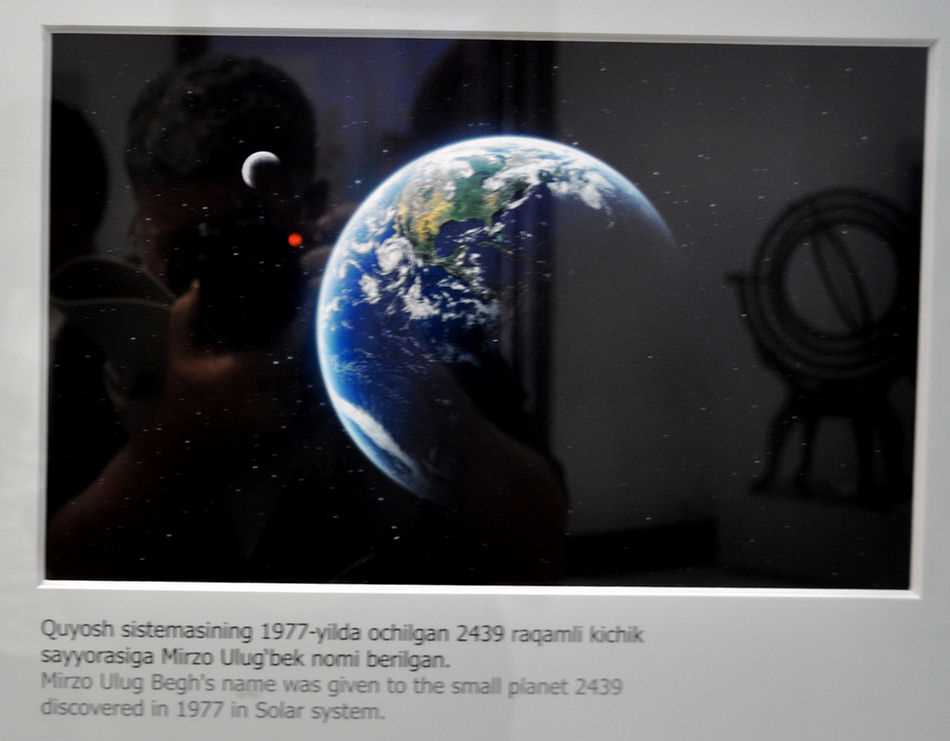
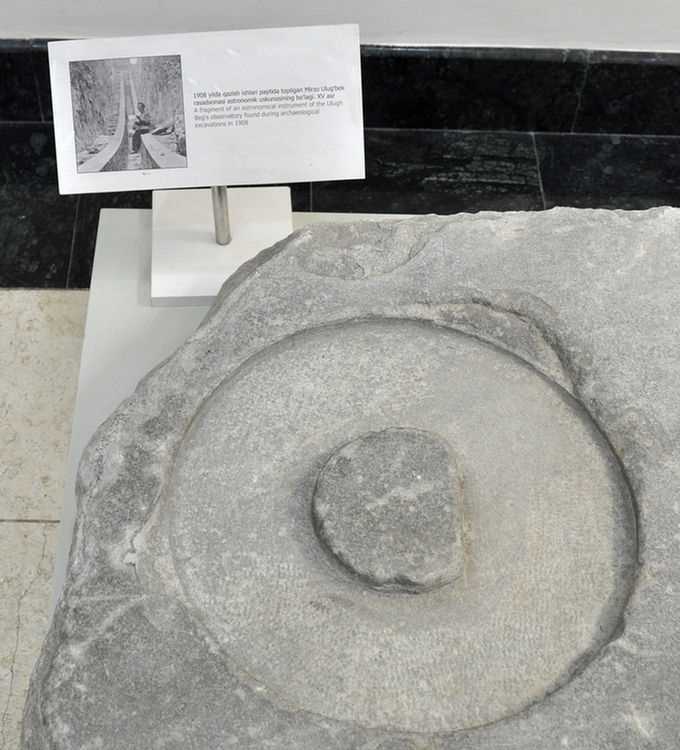
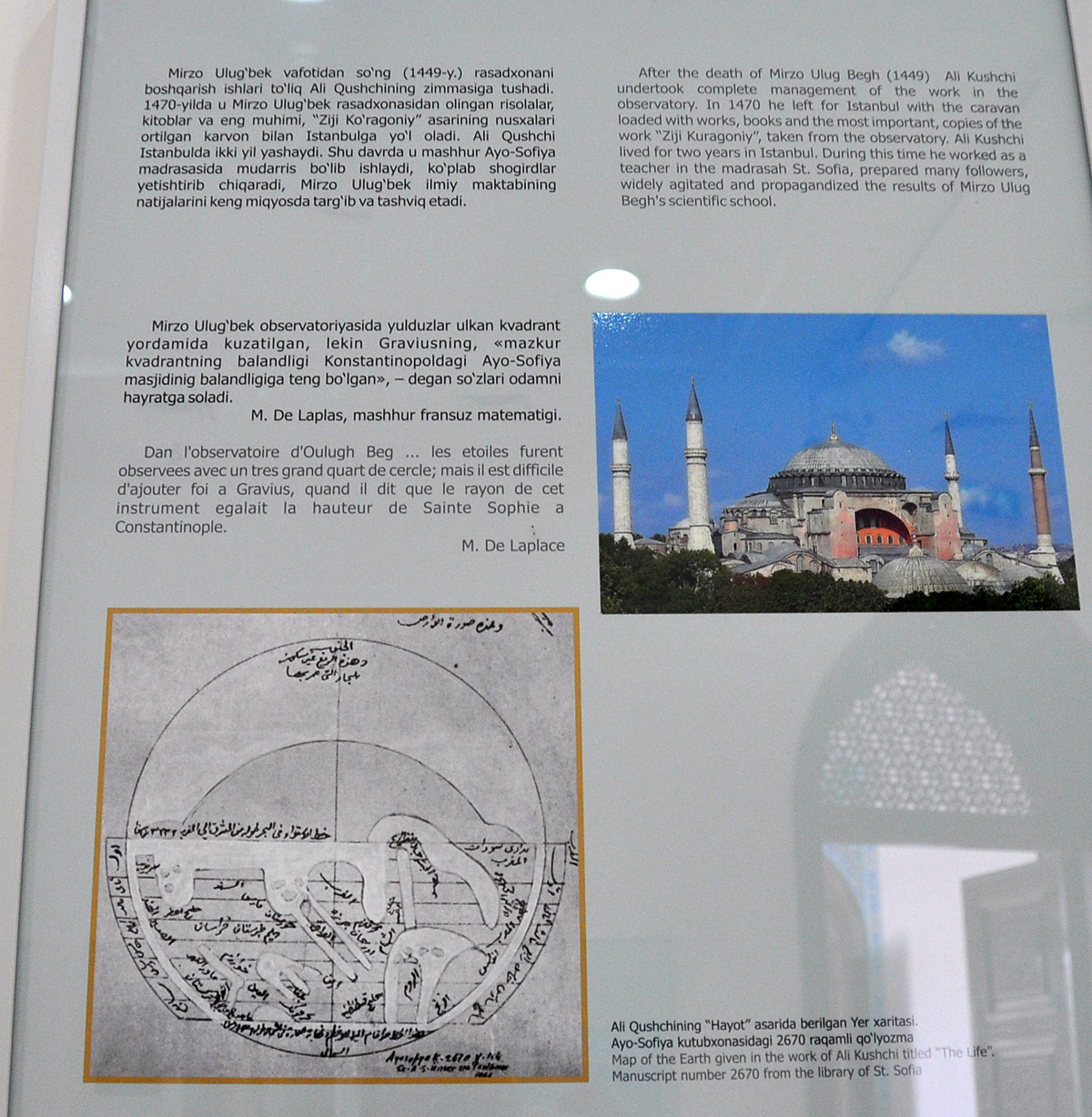
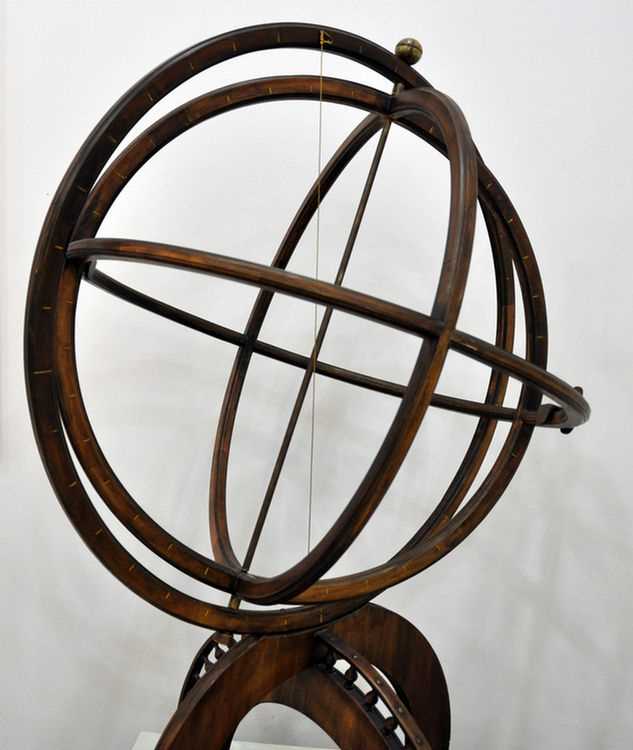
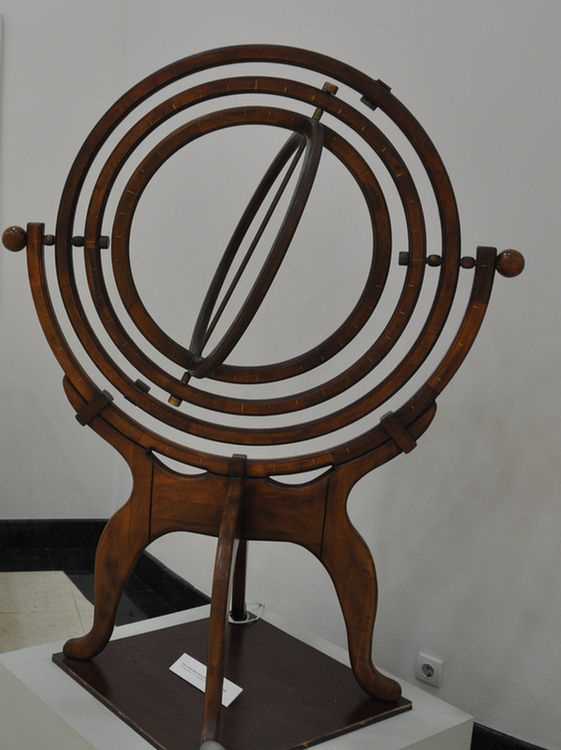
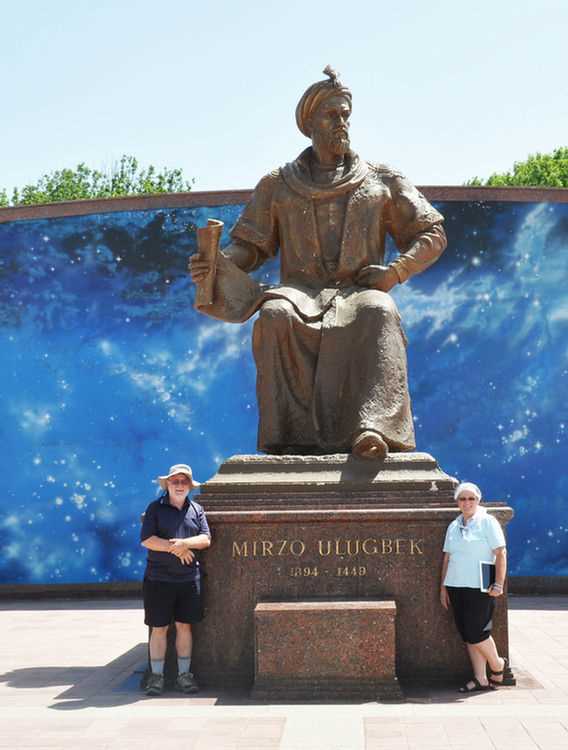
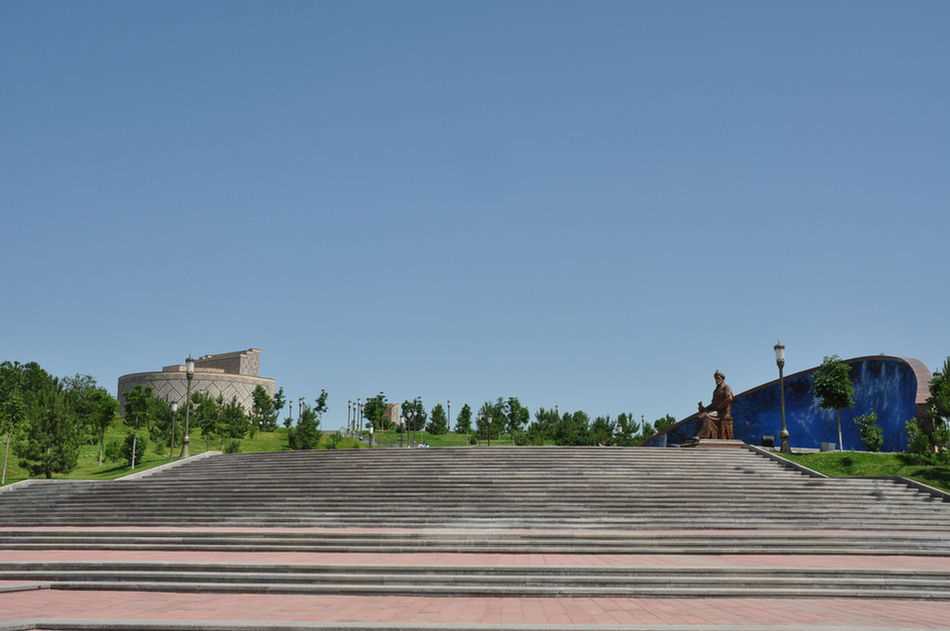
With my mathematics-science background, I found it to a most fascinating place!!!
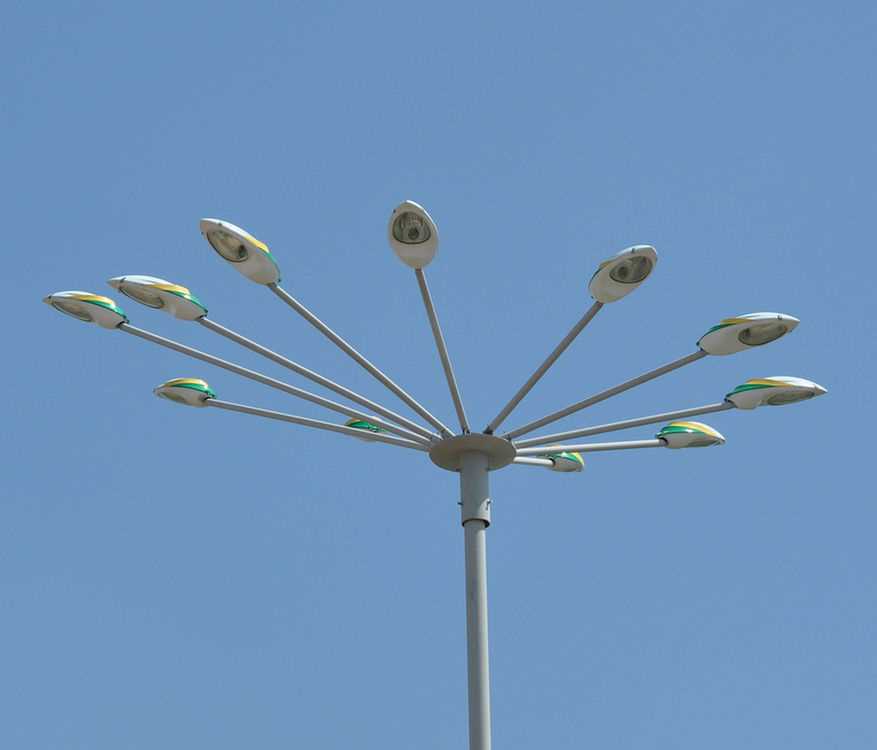
Next ... Shah-i-Zinda at Samarkand
Ulugh Beg (1394 - 1449) was the grandson of the great conquerer, Timur (Tamerlane).
While he only ruled for a short time (1447 - 1449), he is best known for his work in mathematics and astronomy.
He built this observatory in Samarkand in the 1420s.

Inside his observatory he constructed a large quadrant with a radius that was just over 40 metres.
He used the quadrant to record the position of the sun, moon and nearly 1200 stars throughout the year.

















Ulugh Beg

Timurid and Mughal Rulers



There was a fascinating collection of astronomical items in the museum on the site.






His measurment of the length of a year is just over a minute different to the current measurement
which has access to much more accurate timimg instruments.

He had a very accurate measurement of the angle of the inclination of the Earth's axis too.






Sadly the observatory was destroyed by religious fanatics after Ulugh Beg
was beheaded by his son, Abdal-Latif Mirza in 1449.
(His son himself was murdered a year later).
It was re-discovered in 1908 by V. L. Vyatkin, a Uzbek-Russian archaeologist.










With my mathematics-science background, I found it to a most fascinating place!!!

Next ... Shah-i-Zinda at Samarkand